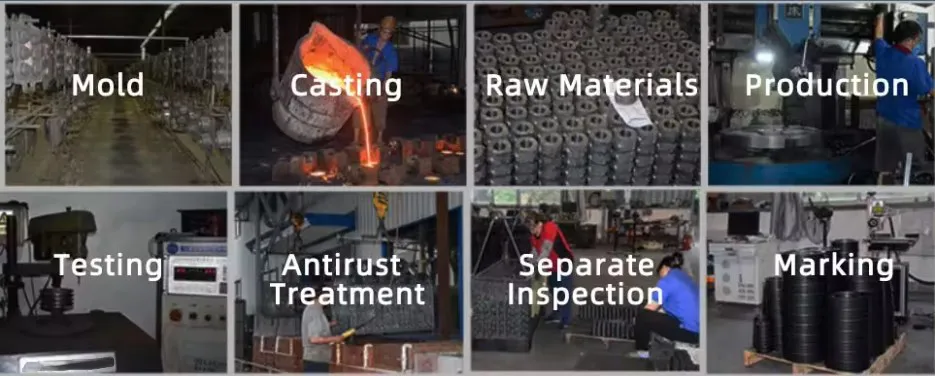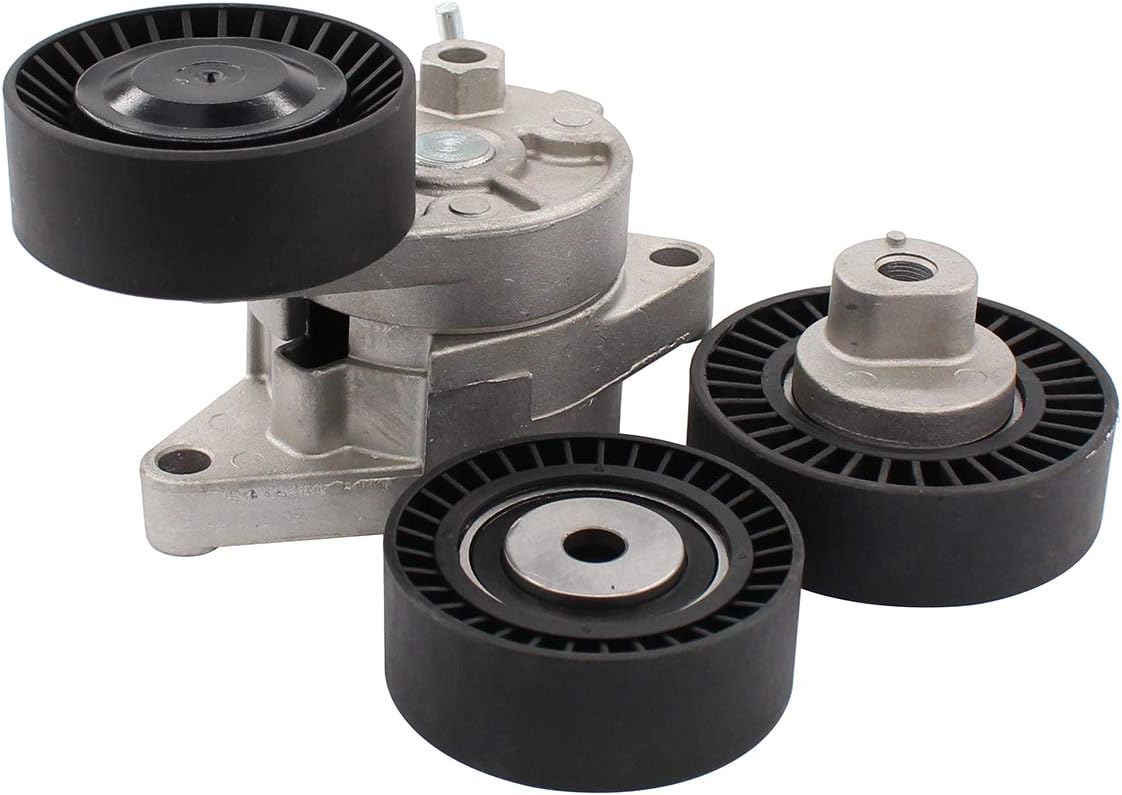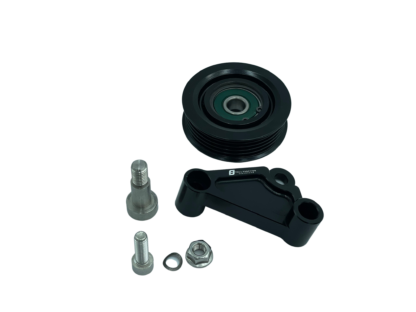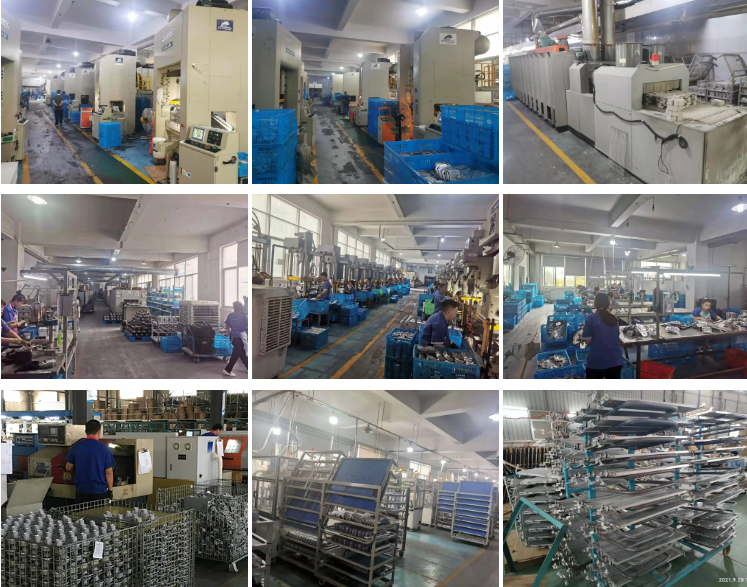What does a idler pulley do?
- Supports the engine accessory belt
- Provides tension to keep the belt in place
- Reduces vibrations and noise
- Helps prevent premature wear on the belt
- Assists in the smooth operation of engine components
What happens when an idler pulley goes bad?
- Causes squeaking or chirping noises
- Increases the risk of the belt slipping off
- Leads to decreased engine performance
- Results in overheating of engine components
- May cause damage to other parts of the engine
Does idler pulley need to be replaced?
- If it shows signs of wear or damage
- When it starts making unusual noises
- During regular maintenance intervals
- When the belt is being replaced
- If recommended by the manufacturer
Advantages of idler pulley
- Ensures smooth operation of engine components
- Reduces wear and tear on the belt
- Improves overall engine performance
- Helps prevent costly repairs in the future
- Easy to replace and maintain
Process of Compound Pulley
Mold
The mold is created to shape the pulley according to specifications.
Casting
The pulley is cast using high-quality materials to ensure durability.
Raw materials
Only the finest raw materials are used in the production process.
Production
The pulley is carefully manufactured to meet industry standards.
Testing
Each pulley undergoes rigorous testing to ensure quality and performance.
Antirust treatment
The pulley is treated to prevent rust and corrosion.
Separate inspection
Each pulley is individually inspected for quality control.
Marking
The pulley is marked with necessary information for identification.
What is the function of the tensioner and idler pulley?
- Provide tension to keep the belt in place
- Assist in the smooth operation of engine components
- Reduce vibrations and noise
- Prevent premature wear on the belt
- Help maintain proper alignment of the belt
- Ensure optimal performance of the engine
- Extend the life of the belt and other engine components
How to stop a idler pulley from squeaking
- Ensure proper tension on the belt
- Regularly lubricate the pulley
- Check for any signs of wear or damage
- Replace the pulley if necessary
- Consult a professional for further assistance
About HZPT
HZPT, established in 2006, is a leading manufacturer of precision transmission components based in Hangzhou. We specialize in producing various engineered products and offer customized solutions to meet your needs. With a strong presence in Europe and America, we pride ourselves on providing top-notch services, highest product quality, and competitive prices.



